
The Ultimate Java Developer Skills That Make a Difference
Jan 16, 2025 5 Min Read 119 Views
(Last Updated)
As a Java developer, the role goes beyond just writing code. They are the minds behind the apps, websites, and software tools that keep things running smoothly. Using Java, one of the most trusted programming languages, they bring concepts to life – creating everything from dynamic web applications to robust software systems. Their work ensures that these digital solutions are not just functional but also easy to use.
Mastering the right skills is key to thriving in programming. This post dives into the most valuable Java developer skills that can make a real difference. From technical expertise to soft skills that make teamwork smoother, these insights help developers sharpen their abilities and stay ahead in the tech world.
Table of contents
- Java Developer Skills Every Developer Should Know
- Core Java Developer Skills
- Advanced Java Developer Skills
- Soft Skills for Java Developers
- How to Assess Java Developer Skills During Hiring
- Conducting Technical Interviews
- Using Java Coding Tests and Assignments
- Evaluating Problem-Solving Abilities
- Wrapping up
- Frequently Asked Questions
- How do Java developers stay updated with industry trends?
- Can I learn Java without prior coding experience?
- What’s the best way to get started with Java?
- How long does it take to become a skilled Java developer?
Java Developer Skills Every Developer Should Know
To become an effective Java developer, it’s important to build a solid foundation of skills. From understanding the core principles of Java to keeping up with the latest advancements, having a well-rounded skill set can make all the difference. Let’s explore the essential skills that help developers tackle complex challenges and deliver high-quality results.
Core Java Developer Skills
Object-Oriented Programming (OOP) Concepts
Object-Oriented Programming is at the heart of Java development. Mastering concepts like inheritance, encapsulation, polymorphism, and abstraction is crucial for writing clean, maintainable code. These principles allow Java developers to structure their code in a way that’s easy to manage and scale, making it possible to reuse code components efficiently. OOP concepts also enable developers to model real-world entities in software, improving the flexibility and readability of applications. Understanding how to apply these concepts effectively is a must for building any complex Java application.
Proficiency in Java SE and Java EE
Java Standard Edition (SE) and Java Enterprise Edition (EE) form the core of Java development. Java SE covers the basics like syntax, data structures, and libraries, while Java EE extends those capabilities to include APIs for enterprise applications. Java EE is essential for developing large-scale, server-side applications, providing features like Servlets, JavaServer Pages (JSP), and Web Services. Proficiency in both editions enables a developer to work across different types of Java projects, from simple desktop apps to complex web applications. This dual knowledge is fundamental for any Java developer looking to advance their career.
Understanding of Java Frameworks (Spring, Hibernate, etc.)
Java frameworks like Spring and Hibernate are powerful tools that streamline the development process. Spring, particularly Spring Boot, simplifies building web applications with features like dependency injection and automatic configuration. Hibernate, on the other hand, is an ORM (Object-Relational Mapping) framework that helps manage database interactions, reducing the need for complex SQL queries. These frameworks save time and effort by providing pre-built solutions for common challenges, allowing developers to focus on business logic. Familiarity with these frameworks is essential for creating scalable, maintainable Java applications.
Knowledge of RESTful APIs and Web Services
In today’s connected world, understanding how to build and integrate RESTful APIs is crucial for Java developers. RESTful APIs allow applications to communicate with each other over the web, enabling features like user authentication, data sharing, and service integration. A solid grasp of HTTP methods (GET, POST, PUT, DELETE), JSON, and XML is essential for creating effective APIs. This skill also involves using libraries like JAX-RS or Spring REST for seamless API implementation. Proficiency in RESTful services enables Java developers to build scalable, interconnected applications that deliver a smooth user experience.
Also Read: The Ultimate Guide About Java APIs
Advanced Java Developer Skills
Mastery of Java 8 and Beyond
Java 8 brought significant changes to the Java programming language, making it essential for developers to stay updated. Key features include lambda expressions, the Stream API, and the new Date-Time API, which have transformed how Java handles functional programming and data processing. Understanding these additions allows developers to write more concise, efficient, and readable code. Beyond Java 8, staying informed about updates in Java 9, 11, and the latest versions is critical, as they include enhancements like modularity (Project Jigsaw) and performance improvements. Mastery of these features is crucial for leveraging Java’s full potential.
Multithreading and Concurrency Handling
Multithreading is a core feature of Java, enabling developers to execute multiple threads simultaneously, which can significantly boost application performance. This is especially useful in scenarios where processes like data fetching, background processing, or real-time updates need to run concurrently. A strong understanding of Java’s concurrency libraries helps in managing thread safety and optimizing performance. Mastering concepts like synchronization, thread pooling, and deadlock prevention is essential for creating responsive, high-performance applications. Effective use of multithreading ensures that Java applications remain efficient, even under heavy load.
Working with Databases: SQL, MySQL, and NoSQL
Java applications often interact with databases to store and retrieve data, making database management a critical skill for developers. SQL databases like MySQL and PostgreSQL are standard for handling structured data, and knowledge of SQL queries and indexing is essential for optimizing performance. On the other hand, NoSQL databases like MongoDB are becoming popular for their ability to handle unstructured data and scale horizontally. Java developers need to understand how to integrate these databases using tools like JDBC for SQL or frameworks like Hibernate for ORM. This versatility enables them to build applications that can efficiently manage data storage and retrieval.
Familiarity with Cloud Services (AWS, Azure, etc.)
Cloud platforms like Amazon Web Services (AWS) and Microsoft Azure have become integral to modern software development. Java developers who understand cloud services can build and deploy scalable applications without worrying about infrastructure management. Skills like deploying Java applications on cloud platforms, using services like AWS EC2, S3, and Lambda, or leveraging Azure’s App Service can greatly enhance a developer’s ability to manage cloud-based applications. Knowledge of cloud architecture, containerization tools like Docker, and orchestration with Kubernetes is also valuable. This skillset allows Java developers to create flexible, cost-effective solutions that can easily adapt to varying user demands.
Also Read: A Detailed Roadmap to Becoming a Java Developer
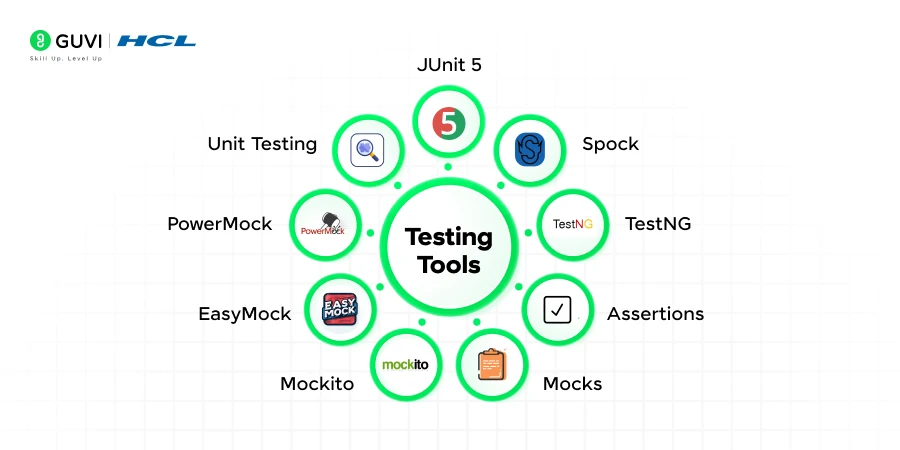
Soft Skills for Java Developers
Effective Communication Skills
Communication plays a significant role in a Java developer’s daily work, especially when collaborating with team members or explaining complex technical concepts to non-technical stakeholders. Developers need to convey their ideas clearly, whether it’s through written documentation, code comments, or during meetings. Strong communication skills also make it easier to gather requirements from clients, ensuring the final product aligns with their expectations. Being able to articulate thoughts and listen actively helps avoid misunderstandings and builds stronger, more effective teamwork.
Problem-Solving and Critical Thinking
Java developers often encounter complex challenges during the development process, whether it’s debugging code, optimizing performance, or finding the best way to implement a feature. A problem-solving mindset allows developers to break down these issues and find practical solutions quickly. Critical thinking goes hand in hand with this, as it helps evaluate different approaches and choose the most efficient one. This skill is vital for overcoming roadblocks during the development cycle and delivering a high-quality product that meets user needs.
Team Collaboration and Agile Methodologies
Most Java projects are team efforts, making the ability to collaborate smoothly with others a crucial skill. Developers often work within Agile frameworks like Scrum or Kanban, which require regular communication and coordination with other team members. Being familiar with Agile practices means understanding how to break down tasks, participate in daily stand-ups, and contribute to sprints. This skill helps developers integrate their work seamlessly with that of others, ensuring projects progress smoothly. Good collaboration also fosters a positive work environment, making the team more productive as a whole.
Adaptability and Continuous Learning
The tech world moves fast, and Java development is no exception. Adaptability is key for Java developers to keep up with popular tools, frameworks, and industry trends. Being open to learning new techniques, exploring updated libraries, and adapting to different project requirements can give developers a significant edge. Continuous learning – whether through online courses, reading documentation, or attending workshops – keeps a developer’s skills sharp and relevant. This mindset ensures that they can tackle any new challenges that come their way and stay valuable in an ever-changing industry.
How to Assess Java Developer Skills During Hiring
Assessing Java developer skills requires a focus on more than just technical qualifications. It’s crucial to understand how they approach coding challenges, solve problems, and contribute to team dynamics. Here are some effective methods to ensure you find the right fit for your team.
Conducting Technical Interviews
A well-structured technical interview helps gauge a candidate’s depth of knowledge and hands-on skills in Java. Focus on practical questions that require candidates to write code or solve specific problems, rather than just theoretical concepts. This can include coding exercises on algorithms, data structures, or real-world scenarios they might encounter on the job. Live coding sessions or pair programming exercises can be particularly useful, as they allow you to see how a candidate thinks through a problem, writes code, and responds to feedback. It’s also a great way to understand their approach to debugging and optimization.
Using Java Coding Tests and Assignments
Pre-hiring coding tests are an effective way to evaluate a candidate’s practical Java skills before bringing them in for an interview. These tests can be set up using coding platforms which allow candidates to solve coding challenges within a set timeframe. Assignments tailored to your project’s needs – such as building a small feature or fixing a bug – can also provide insight into their coding style and attention to detail. This method gives a clear picture of their proficiency in key areas like object-oriented programming, Java frameworks, and problem-solving, ensuring that candidates meet your technical requirements.
Evaluating Problem-Solving Abilities
Problem-solving is a crucial skill for Java developers, as they often need to tackle complex issues during development. During the assessment, it’s helpful to include questions or scenarios that require logical thinking and a step-by-step approach to solutions. Case studies or hypothetical challenges can reveal how candidates analyze a problem, identify potential roadblocks, and devise efficient solutions. Look for their ability to balance simplicity with effectiveness, and their readiness to iterate on their approach based on new information. This skill is essential for delivering high-quality software that meets user needs and handles real-world challenges.
Wrapping up
Java developers remain essential in the tech industry, with the language’s widespread adoption continuing to grow. A recent survey by New Relic shows that Java 17 usage surged by 430% in 2023, highlighting a shift toward newer versions among developers and organizations alike, a trend not seen with previous long-term support releases. This clearly shows that the ongoing demand for Java developers with up-to-date skills in both legacy and modern Java versions is on the rise.
Developers building their portfolios with core and advanced skills, particularly in emerging areas like cloud technologies, DevOps tools, and modern Java frameworks find more career opportunities and greater project impact. Getting certified through continuous learning is a great way to boost your credentials among prospective employers.
To support developers in achieving these goals, GUVI offers its Certified Java Full Stack Developer Course that covers the latest in Java development. From hands-on projects to expert mentorship, our Zen program provides you with the practical experience you’ll need to stay ahead in the field. Getting hold of the right resources can make a great difference, opening doors to more advanced roles and diverse career paths.
Frequently Asked Questions
How do Java developers stay updated with industry trends?
Java developers can stay updated by following blogs, participating in Java User Groups (JUGs), attending conferences like JavaOne, and engaging in online communities like Stack Overflow. Staying current with Java’s latest versions and features through Oracle’s documentation is also beneficial.
Can I learn Java without prior coding experience?
Yes, Java is often recommended as a first programming language due to its straightforward syntax and strong community support. Plenty of beginner resources, tutorials, and practice platforms make it accessible even for those completely new to programming.
What’s the best way to get started with Java?
Begin with an introductory course or tutorial focused on Java basics. Hands-on practice is key, so try simple coding challenges or mini-projects. Many learners find it helpful to join coding communities where they can ask questions and get advice from more experienced developers.
How long does it take to become a skilled Java developer?
It varies by person, but typically, with consistent practice, you can start writing basic Java programs in a few months. Becoming skilled enough for complex projects may take one to two years, depending on how much time you dedicate to learning and hands-on practice.

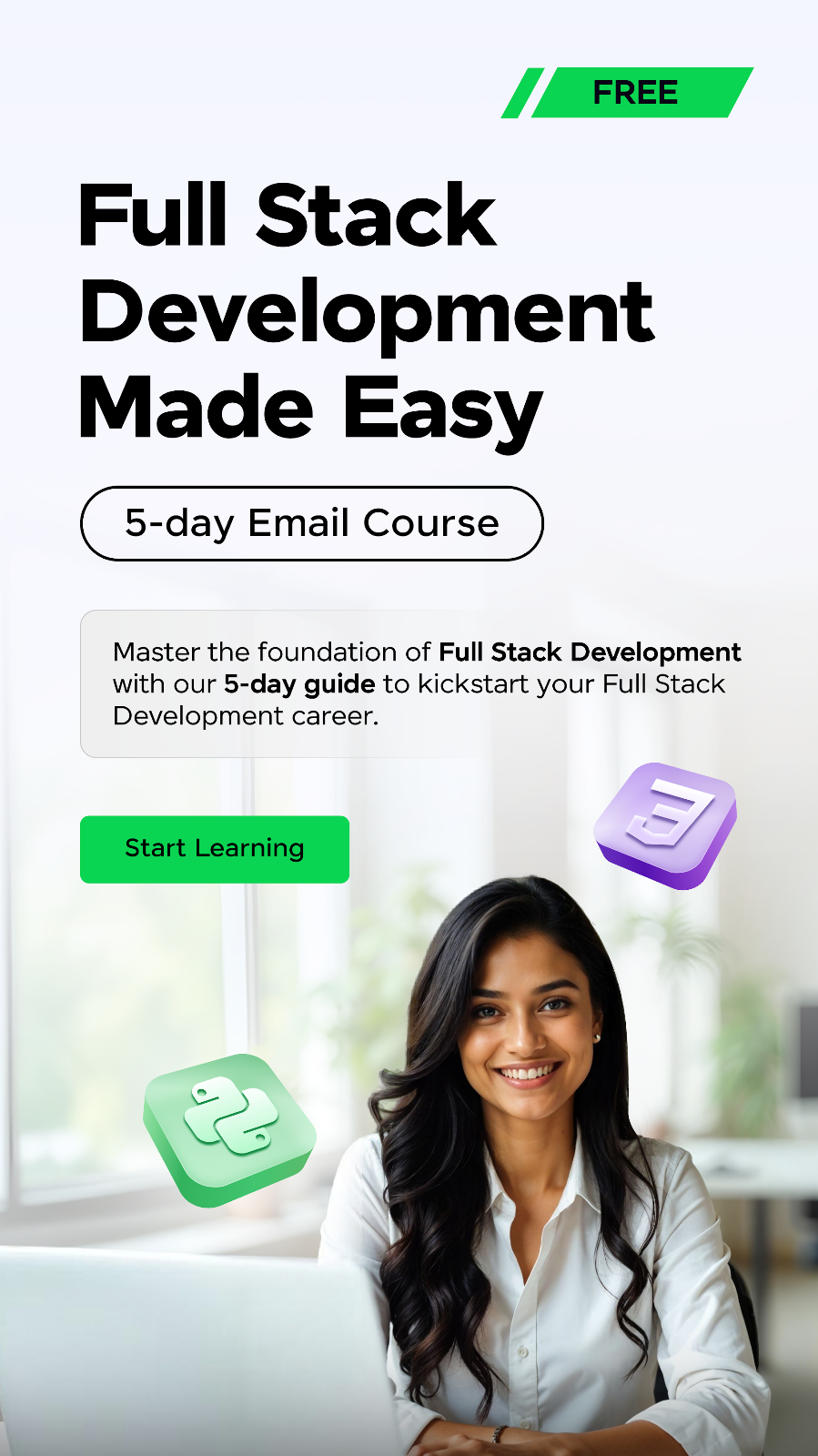








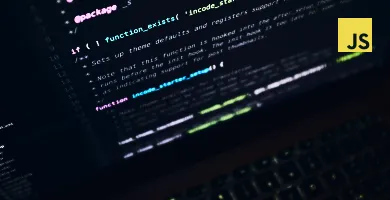










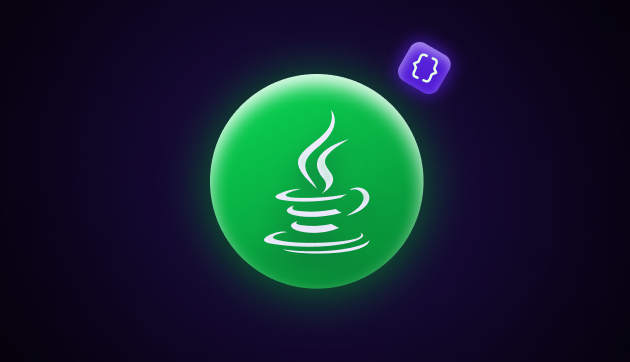




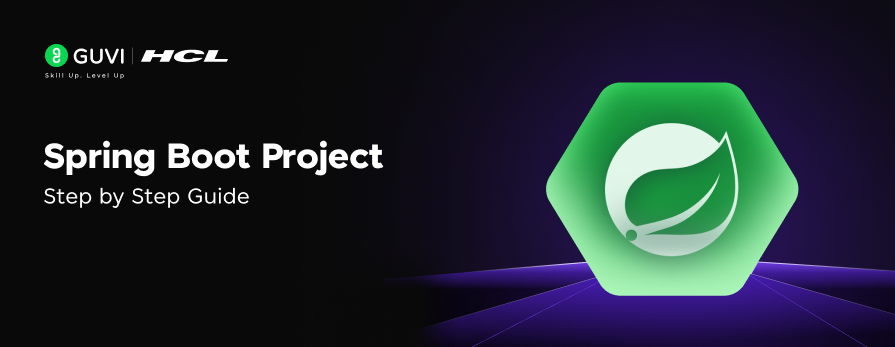

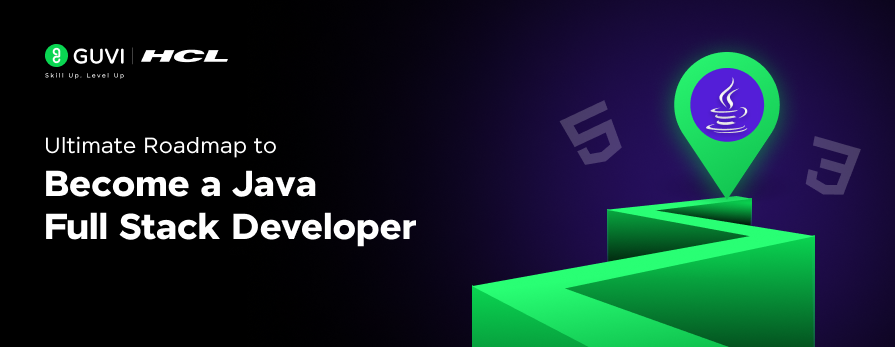

Did you enjoy this article?